A mutation might be a modification that happens in our polymer sequence, either because of mistakes once the polymer springs or because the results of environmental factors like actinic radiation light and cigarette smoke.
- Over a lifetime our DNA? can undergo changes or ‘mutations?’ in the sequence of bases?, A, C, G and T.
- This results in changes in the proteins? that are made. This can be a bad or a good thing.
- Mutations can occur during DNA replication? if errors square measure created and not corrected in time.
- Mutations can even occur because the results of exposure to environmental factors like smoking, sunlight and radiation.
- Often cells will recognise any probably mutation-causing harm and repair it before it becomes a tough and fast mutation.
- Mutationscontribute to genetic variation? within species?.
- Mutations can even be heritable, particularly if they need a positive effect.
- For example, the disorder sickle cell anaemia? is caused by a mutation in the gene? that instructs the building of a supermolecule referred to as haemoglobin?. This causes the red blood cells? to become an abnormal, rigid, sickle shape. However, in African populations, having this mutation additionally protects against malaria?.,
- However mutation can even disrupt traditional sequence activity and cause diseases, like cancer?
- Cancer is that the most typical human genetic disease; it's caused by mutations occurring during a variety of growth-controlling genes. Sometimes faulty, willcer-causing genes can exist from birth, increasing a person’s likelihood of obtaining cancer.
Dna mutation, point mutation

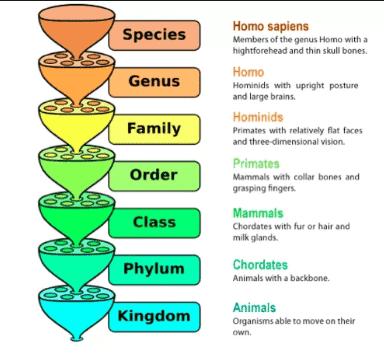

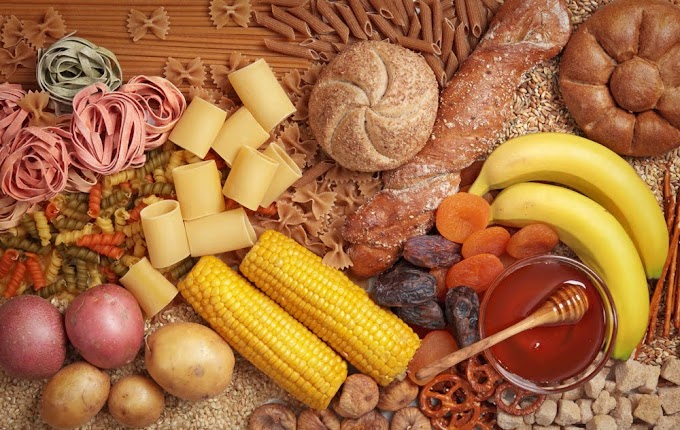
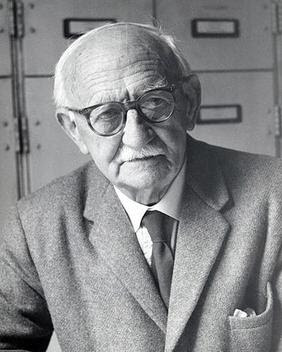




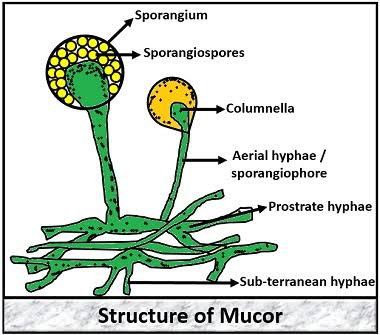




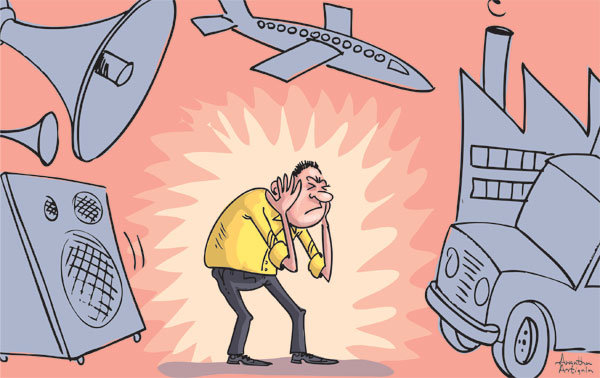
0 Comments
If you have any query let me know.